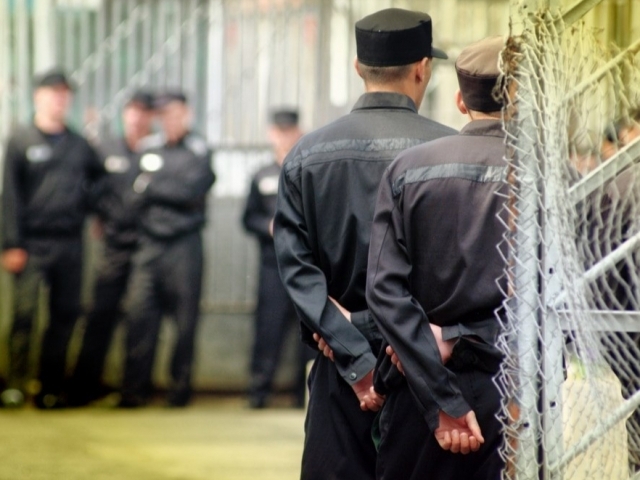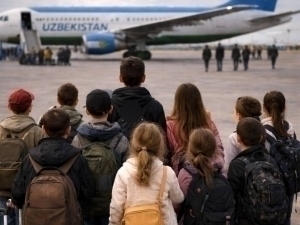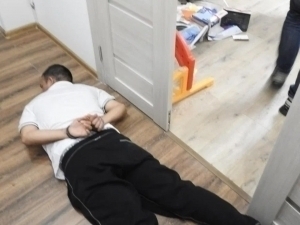Uzbek prisoners in Russia were coerced to fight in Ukraine
World
−
14 October 2024 11722 3 minutes
According to reports from "Nastoyashchee Vremya," inmates of Central Asian origin, specifically from Uzbekistan and Tajikistan, are being coerced by Russian prison staff to sign contracts to fight in the ongoing war against Ukraine.
The publication received information from Javid, a 32-year-old Tajik national currently serving a seven-year sentence in a Russian prison, with only seven months remaining. Javid shared that many prisoners from Tajikistan and Uzbekistan face severe pressure. Despite not wanting to participate in the war, they find it challenging to resist under the current conditions in the penal colony.
"People are desperate.They say it's better to end our lives than to go to war. If you refuse to sign the contract, you're placed in a detention center. If you apply to renounce your Tajik citizenship, the application is sent to Tajikistan, and once the documents are processed, you are sent to war,"Javid explained.
While Javid did not specify how many prisoners have signed contracts, he mentioned that he and others who resist giving up their Tajik citizenship are under intensified pressure, particularly those nearing the end of their sentences.
Recently, a group of migrant inmates sent a letter to the publication, stating that about 400 prisoners from Tajikistan and Uzbekistan are currently detained in the colony. They reported mistreatment by prison staff, including insults directed at their religious beliefs. The migrants also alleged that other inmates are encouraged to harass and assault them. Those who refuse to comply with the staff's demands face threats of being sent to the front lines in Ukraine.
"They say they can send anyone they want to the war. If you volunteer, you get better assignments; if you're forced, you're sent straight to the front. There's little chance of survival there," the migrants wrote.
In March 2023, the Russian State Duma passed a law allowing the release of criminal liability, termination of sentences, and cancellation of convictions for inmates who signed contracts with the Ministry of Defense. However, prisoners who had agreed to go to war just before this law was enacted were not pardoned by President Vladimir Putin. Instead, these individuals were granted "parole," and their contracts with the Ministry of Defense were automatically extended, preventing them from leaving combat zones until the end of the war.
Earlier this year, a case emerged involving Oybek Soliyev, an Uzbek national, who was charged with armed hooliganism after participating in the conflict in Ukraine. His trial has since commenced in Russia.





